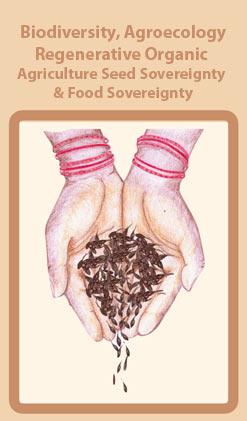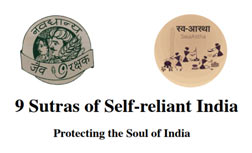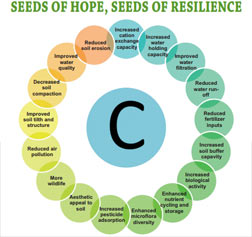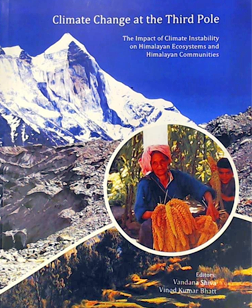December 3, 2014, marks the 30th anniversary of the terrible Bhopal gas tragedy, which killed more than 3,000 people almost immediately, another 8,000 in the following days, and more than 20,000 in the last three decades. Despite the tragedy of humongous proportions, the people of Bhopal are still fighting for justice despite the apathy they continue to face. Bhopal was a watershed moment. The tragedy woke up the world to industrial, chemical violence. The chemicals being manufactured at the Bhopal plant had their roots in warfare.
Bhopal gas tragedy was a political, economic, legal watershed for India and the planet. It was a toxic tragedy at two levels — the leakage of a toxic gas from a plant producing toxic pesticides, the continued presence of 350 metric tonnes of hazardous toxic waste from the now-defunct Union Carbide India Ltd’s plant in Bhopal, combined with a toxic influence of corporations on courts and successive governments. Legally, Union Carbide and the US courts escaped liability and responsibility for the damage, setting a precedent of governments shrugging their duty to protect their citizens, taking away citizens’ rights and sovereignty in order to make settlements with corporations, letting them off lightly.
The cases brought by the victims to US courts were dismissed on the grounds that the appropriate platform was the Indian legal system, though other cases involving US corporations and foreign victims were being heard in US courts. In 1999, when the victims again approached the US federal court seeking compensation for the 1984 incident as well as for the alleged ongoing environmental contamination at and around the Bhopal plant site, the case was dismissed again.
In 1989, the Indian Supreme Court approved a settlement of the civil claims against Union Carbide for $470 million. The state forcefully took over the representation of the victims on the principle of parens patriae (Latin for “parents of the nation”) — “a doctrine that grants the inherent power and authority of the state to protect persons who are legally unable to act on their own behalf”.
A criminal lawsuit against Union Carbide and Warren Anderson, its former CEO, continues since 1989. In June 2010, a court in India handed down a verdict in the case. It found Union Carbide India Ltd. and seven executives of the company guilty of criminal negligence (this came after the September 1996 order that had reduced their charges). The company was required to pay a fine of Rs 500,000 ($10,870) and the individuals were each sentenced to two years in prison and fined Rs 100,000. On August 2, 2010, the Central Bureau of Investigation filed a petition with the Supreme Court seeking to reinstate the charges of culpable homicide against the accused. In May 2011, the Supreme Court rejected this petition and declined to re-open the case to reinstate harsher charges.
However, after the protests of the Bhopal survivors in November 2014, the government promised to strengthen the “curative petition” that Dow Chemical was already facing in the Supreme Court. The petition is designed to address inadequacies in the 1989 settlement on the basis that the correct figures for dead and injured were not used. The Indian government is seeking an additional amount of up to $1.24 billion, but Bhopal survivor groups, quoting the Government of India’s published figures (Indian Council of Medical Research, epidemiological report, 2004), say the required settlement amounts to $8.1 billion.


















